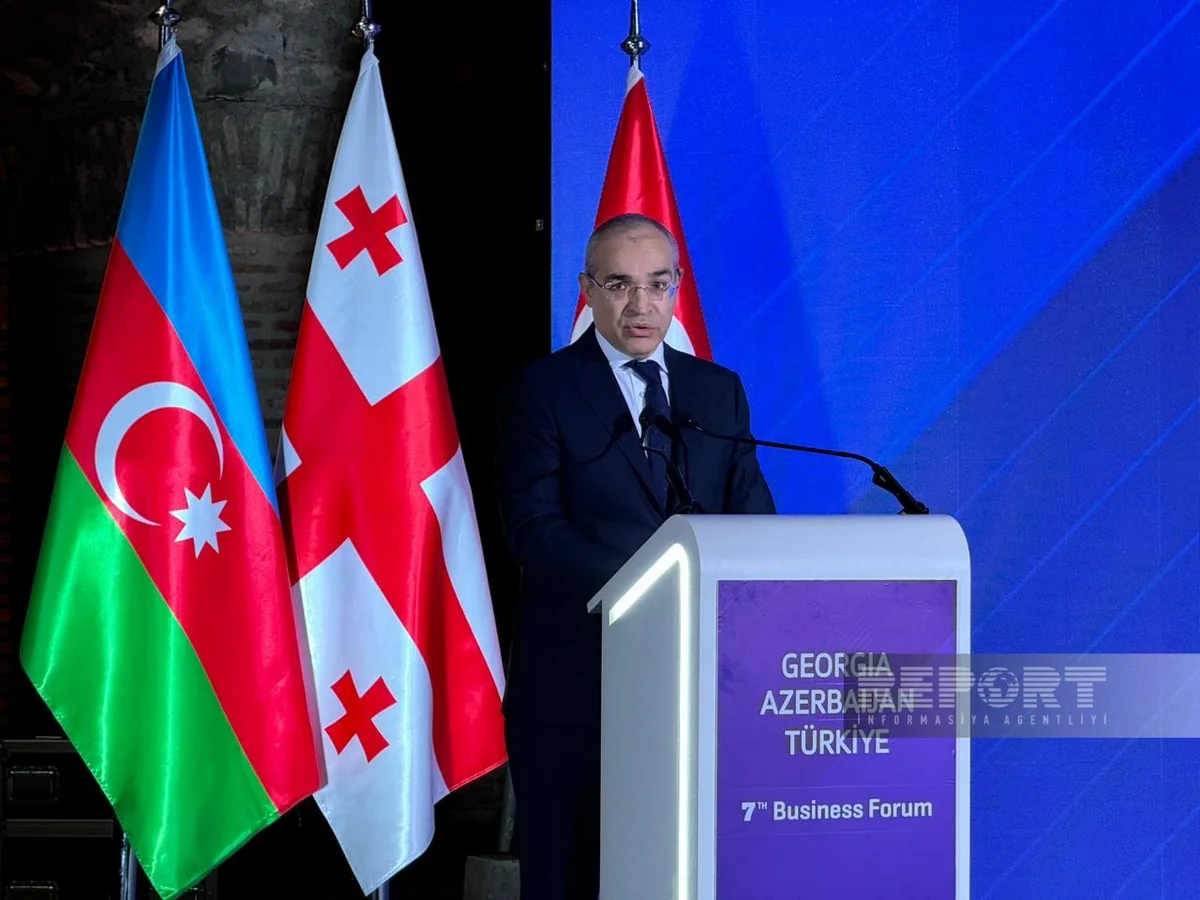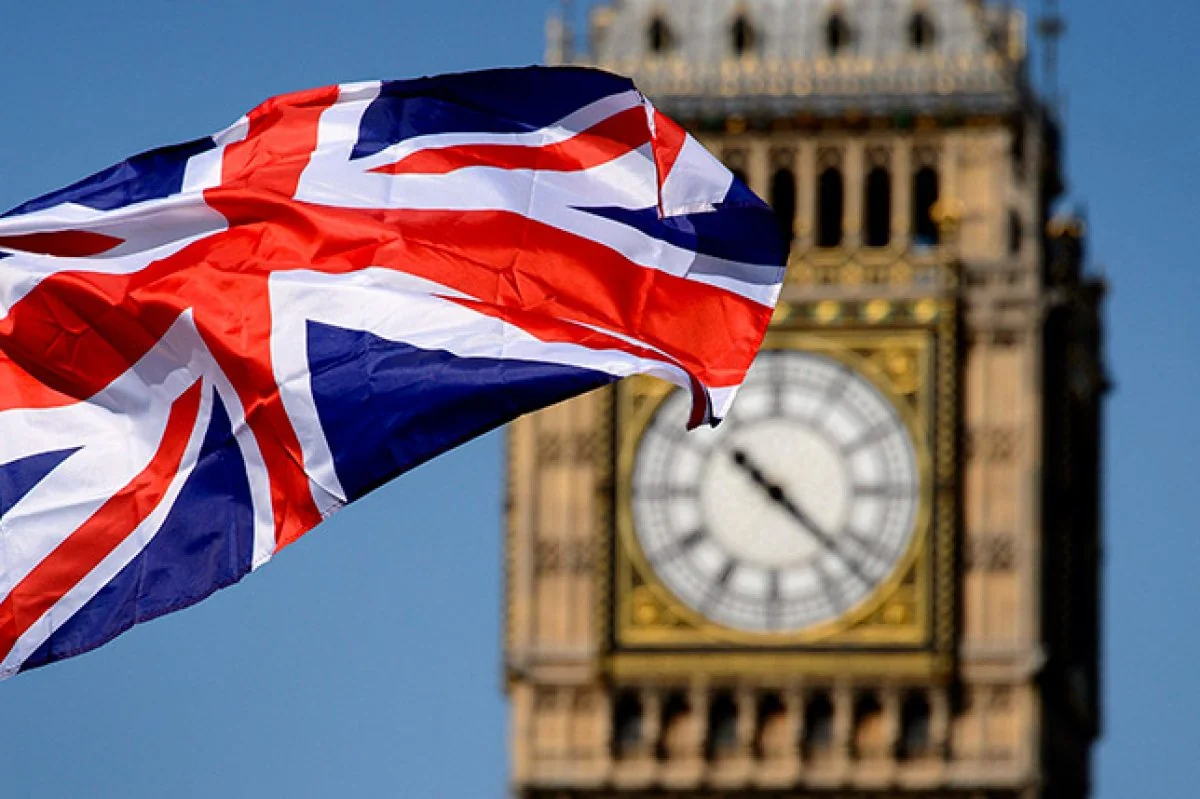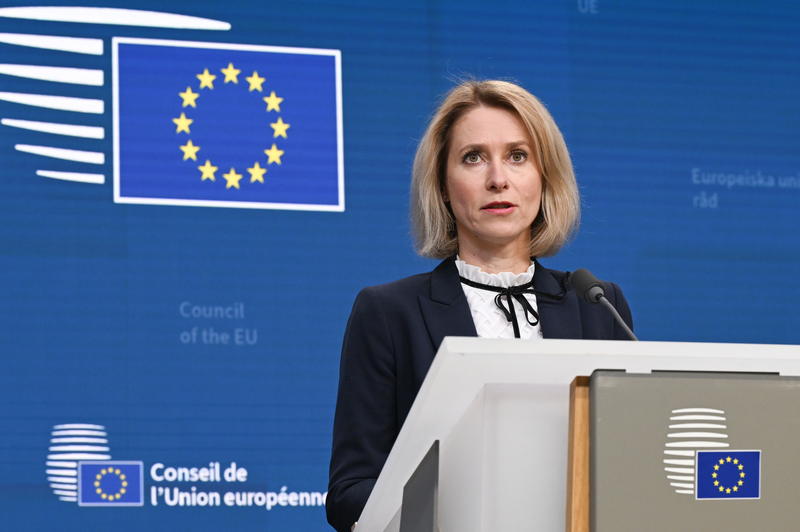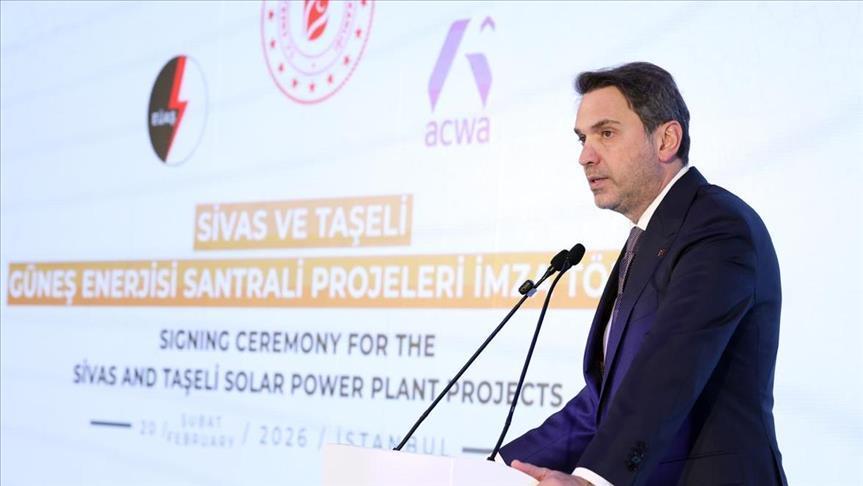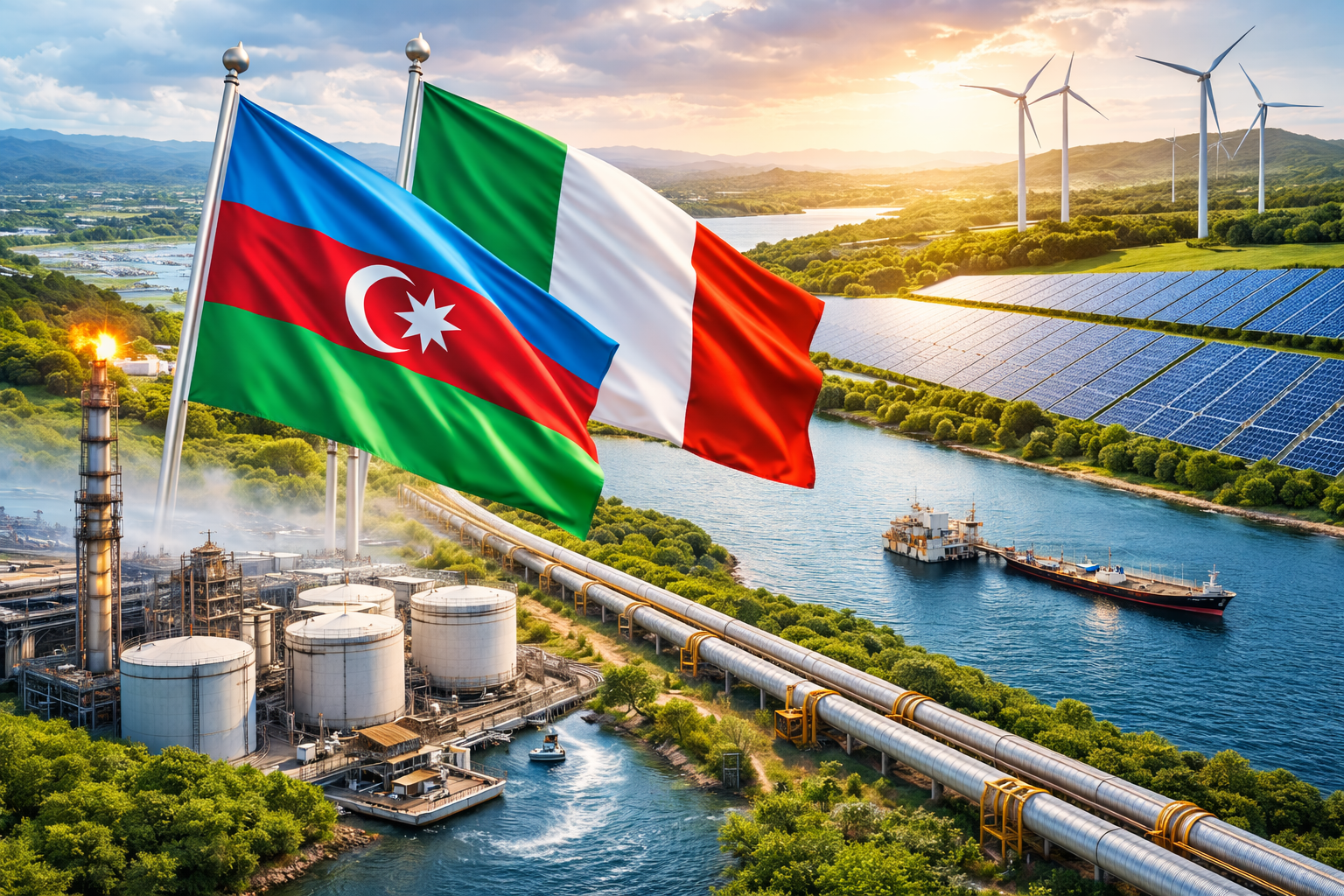World Report 2024
Our annual review of human rights around the globe
Georgia’s human rights record remained uneven in 2023. Tensions over the government’s implementation of the 12 priorities set by the European Union for Georgia’s EU candidacy—which include important human rights benchmarks—dominated political developments.
Authorities attempted to adopt “foreign agent” legislation that would have undermined freedom of expression. Lack of accountability for law enforcement abuses, especially related to freedom of assembly, persisted. Other human rights concerns included restrictions and attacks on media freedom as well as unfair labor conditions. The National Human Rights Strategy failed to include the rights of lesbian, gay, bisexual, and transgender (LGBT) people.
In November, the European Commission recommended Georgia be granted EU candidate country status “on the understanding” that it would undertake further reforms.
Freedoms of Association and Expression
In February, a faction from the ruling Georgian Dream (GD) parliamentary majority initiated two versions of a controversial bill: one requiring nongovernmental groups and media that receive 20 percent or more of their annual revenue from abroad to register as “agents of foreign influence”; the other imposing similar requirements on individuals. Failure to comply would have resulted in harsh penalties, including criminal prosecution. The bills drew widespread criticism from the Public Defender’s Office (PDO), Georgian civil society, the United Nations, the Council of Europe, the EU, and others. While the authorities claimed that they intended the bills to boost funding transparency, their public statements suggested that they intended to stigmatize and penalize independent groups, media, and critical voices.
On March 7, despite overwhelming public opposition, GD hastily passed one of the bills on the first reading. After two days of massive protests, GD withdrew the bill, citing their failure to explain it to the public.
The government’s hostile rhetoric toward civil society organizations persisted throughout the year, particularly targeting watchdog groups. The UN special rapporteur on human rights defenders, after an official country visit, expressed concern about “systematic efforts to undermine human rights defenders,” including government smear campaigns against civil society members on social media.
In September, the State Security Service launched an investigation into an alleged “plot” funded by the US development agency (USAID) to recruit activists to foment civil unrest and overthrow the Georgian government. The US embassy flatly denied the allegations. At time of writing, the Georgian security services had questioned a dozen activists, making them sign non-disclosure statements to prevent them from discussing the case publicly.
Law Enforcement Abuses and Lack of Accountability
The PDO and civil society organizations reported several instances of excessive use of police force and unlawful state interference with freedom of assembly in 2023.
Riot police used water cannons and massive amounts of tear gas to disperse thousands of peaceful demonstrators who spontaneously gathered to protest the “foreign agents” bill. The PDO said these measures were disproportionate and unnecessary. The Special Investigation Service (SIS), which investigates instances of abuse of office, launched an investigation into police conduct during the protests after receiving 124 complaints about abuse. The investigation was pending at time of writing.
Georgian rights groups criticized the persistent problem of police use of administrative charges to detain peaceful protest participants. Court rulings on administrative offenses are often based solely on the testimonies of police officers and disregard fair trial norms.
In June, police detained several activists, including members of prominent human rights groups, on charges of petty hooliganism and disobeying police order for holding banners that intentionally distorted the first name of the prime minister, blank posters, and a copy of the constitution. After 48 hours, police released them. In September, courts fined them for petty hooliganism and disobeying police.
In July, police detained about 20 participants of an anti-war protest against a Russian cruise ship in Batumi. In August, the SIS began investigating alleged physical and verbal abuse by the police during these detentions. The investigations were pending at time of writing.
In October, the GD rushed through amendments to the law on rallies and demonstrations, granting police broad discretion to disband or detain protesters who try to erect non-permanent “structures,” such as tents and stages. Failure to comply would result in a 500 Georgian lari (GEL) (about US$190) fine or up to 15 days’ detention.
From January to October, the SIS received 1,775 complaints of alleged abuses by law enforcement and launched criminal investigations into 178 cases. Over the same period, the PDO received 72 complaints of alleged ill-treatment by law enforcement.
Attacks on Journalists and the Media
Numerous threats and attacks targeted media professionals. By October, the SIS had received 37 complaints and launched 12 investigations into unlawful interference with journalistic activities.
In June, an assailant beat Misha Mshvildadze, a Formula TV co-founder and host. The assailant later claimed in his social media post that the attack was in response to Mshvildadze’s criticism of the Georgian Patriarchate. Police arrested the perpetrator, and in September, the SIS closed any further investigation, referring the case to court. In October, a court sentenced the perpetrator to 6 months in prison. Mshvildadze raised concerns about the SIS investigation, saying it failed to properly examine CCTV video footage that allegedly placed a Security Service employee at the attack site, indicating potential state involvement.
In February, the parliament passed new, restrictive regulations on media accreditation, which, among other things, allow the authorities to ban journalists from parliament for asking members of parliament (MPs) questions after they refuse to be interviewed. Officials cited alleged harassment of MPs by the media to justify the amendments. The PDO criticized the rules for restricting media freedom and lacking an effective appeals mechanism. After the rule’s adoption, parliament suspended the accreditation of nine journalists and cameramen from leading critical media outlets. The journalists claimed this was due to their critical questions.
In June, the president of Georgia pardoned Nika Gvaramia, director of Mtavari Arkhi TV, a leading critical television channel. The pardon followed a June Supreme Court decision upholding Gvaramia’s highly contested criminal conviction for abuse of office charges over managerial decisions he made while leading another private TV company.
In October, parliament rapidly adopted controversial amendments expanding the power of the Georgian National Communications Commission to penalize broadcast content allegedly containing obscenity, incitement to hatred, or terrorism. The amendments empowered the commission to impose sanctions, including hefty fines and suspension of an outlet’s broadcasting authorization. Previously, the commission could take such action only in response to complaints. Georgian rights groups condemned the amendments as posing serious risks of censorship and arbitrary interference with the work of broadcasters who criticize the authorities, due in part to the commission’s low level of independence.
Labor Rights
Despite some legislative improvements, labor rights remain a concern. Overtime regulations are weak, wage theft is common, social protections are minimal, and unions lack legal guarantees that would allow them to effectively bargain for systemic changes.
There were numerous protests and strikes in 2023 by metro workers, app-based workers, video journalists, doctors, culture workers, factory workers, construction workers, and miners. They called for better pay, improved working conditions, and the enforcement of existing labor laws and collective bargaining agreements.
Georgia’s Labor Inspectorate regained its full mandate to enforce both labor and safety rights in 2021, but its effectiveness has been hampered by a lack of resources, limited public trust, and a failure to conduct systemic preventative inspections. In April 2023, the inspectorate began redacting employers’ names from its public inspection reports, effectively shielding rights-abusing employers from public scrutiny. In August, it reverted to disclosing names after engaging with civil society.
The government has largely abandoned wage regulation. The monthly minimum wage has been 20 GEL (about US$7) since 1999 and is 12 times lower than the subsistence minimum and 88.5 times lower than the estimated living wage of 1,770 GEL (about US$660). In a positive development, the government instituted an increased minimum wage for healthcare workers in clinics that participate in the state’s universal healthcare program.
Workplace safety remains problematic. Construction remains the most dangerous sector for workers.
Sexual Orientation, Gender Identity, and Gender Equality
The Tbilisi Pride Festival, planned for July 8, was abruptly canceled after far right-wing hate groups violently stormed the venue. They looted and vandalized festival property in the presence of police and journalists. Although hate groups had called for anti-LGBT protests at the festival ahead of time, authorities failed to stop violent groups from entering the venue.
The authorities launched an investigation but did not arrest anyone in connection with the attack. Tbilisi Pride organizers’ request for victim’s status in the investigation was pending at time of writing.
The 2023-2030 National Human Rights Strategy adopted in March does not mention the rights of LGBT people, in contrast to the previous strategy. Following criticism from Georgian groups and international partners, the government’s Human Rights Secretariat promised to cover missing topics in the strategy’s action plan.
In December 2022, the European Court of Human Rights ruled against Georgia for failing to allow transgender individuals to change the gender marker on their official documents without undergoing medical sex reassignment procedures.
The State Concept on Gender Equality, adopted in December 2022, fails to embrace the concept of gender in all its diversity, thereby not recognizing the rights of all women. During parliamentary review, members dropped language addressing the needs and priorities of LGBT individuals.
Georgia has not ratified the International Labour Organization (ILO) Violence and Harassment Convention (C190), which establishes international legal standards for preventing and responding to violence and harassment, including gender-based violence, at work.
Key International Actors
In November, the European Commission published its “Enlargement Report” on Georgia, marking as fulfilled 3 of 12 reform priorities: progress on gender equality and gender-based violence, Georgian courts’ proactive consideration of European Court of Human Rights judgments, and the nomination of an independent public defender. The Commission recommended Georgia be granted EU candidate country status “on the understanding” that Georgia would address the remaining priorities, including to guarantee a free and pluralistic media environment, strengthen rights protections for “vulnerable groups,” and involve civil society in decision-making processes at all levels. The European Commission also highlighted that Georgia is expected to considerably increase its alignment with EU foreign policy. At time of writing, the final decision by EU member states on whether to grant Georgia candidate status was pending and expected in December 2023.
In a February 2023 resolution, the European Parliament expressed “grave concern” about the deteriorating health of imprisoned former President Mikheil Saakashvili, calling for his release and access to “proper medical treatment” abroad.
A number of embassies and international partners condemned the attack on Tbilisi Pride in July.
In its March concluding observations, the UN Committee on the Elimination of Discrimination against Women urged the government to ensure that all forms of gender-based violence against women and girls, including domestic and sexual violence, are effectively investigated and that perpetrators are prosecuted. It also criticized the government for slow progress on amending legislation to adopt a definition of rape based on lack of consent in line with the Istanbul Convention, rather than on the use of violence or threat of violence.
In its April concluding observations, the UN Committee on the Rights of Persons with Disabilities welcomed legislative and policy progress made by Georgia but criticized the “prevalence of the medical approach to disability” in the country’s disability assessment system. It called on Georgia to adopt a comprehensive strategy and national action plan to implement the Convention on the Rights of Persons with Disabilities.
In October, the UN Subcommittee on the Prevention of Torture visited Georgia. While noting “significant progress,” the subcommittee called, inter alia, for additional measures to reduce the prison population and strengthen rehabilitation programs.
In April, the US State Department sanctioned four Georgian judges for “their involvement in significant corruption,” banning them and their immediate families from entering the United States.


